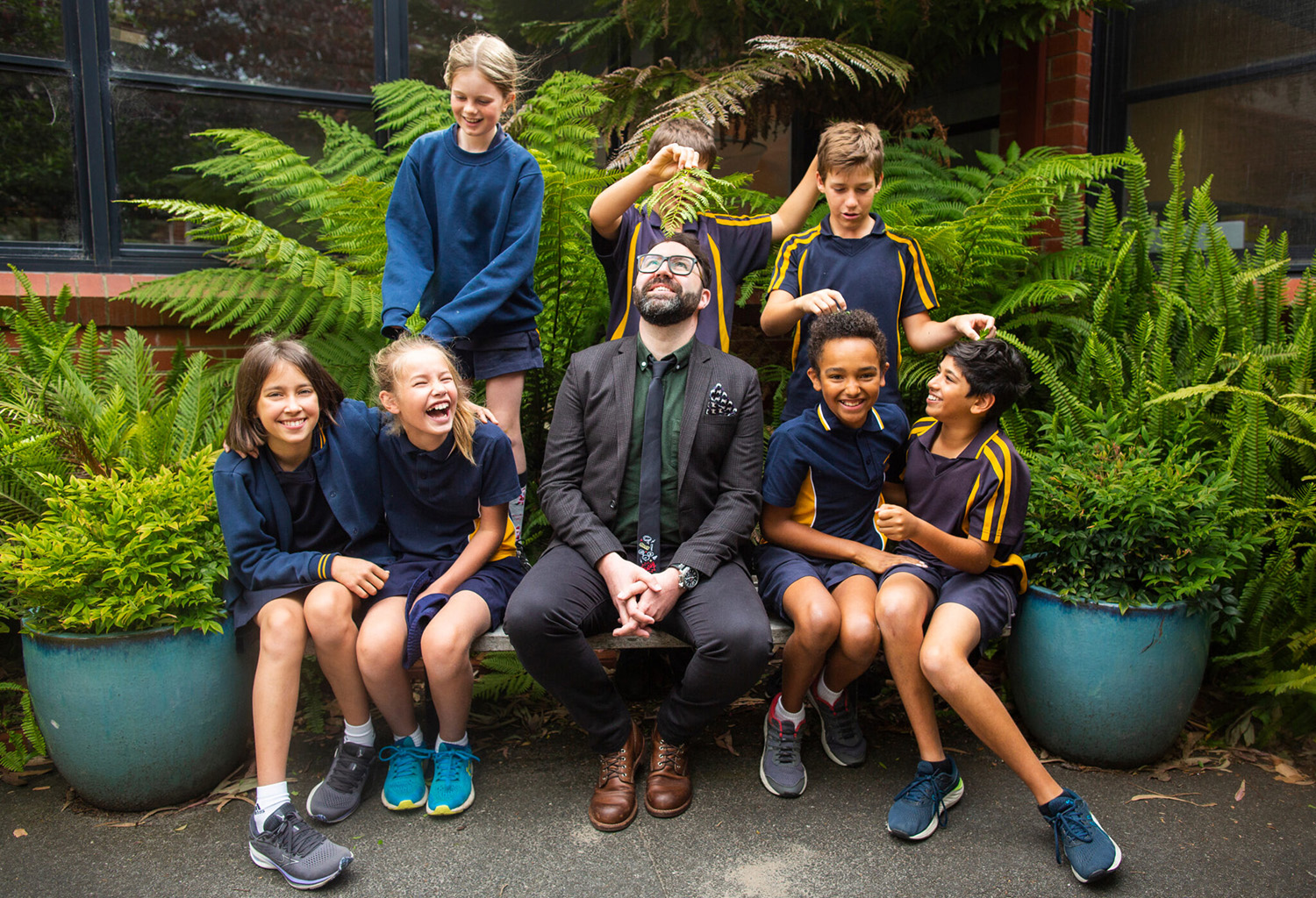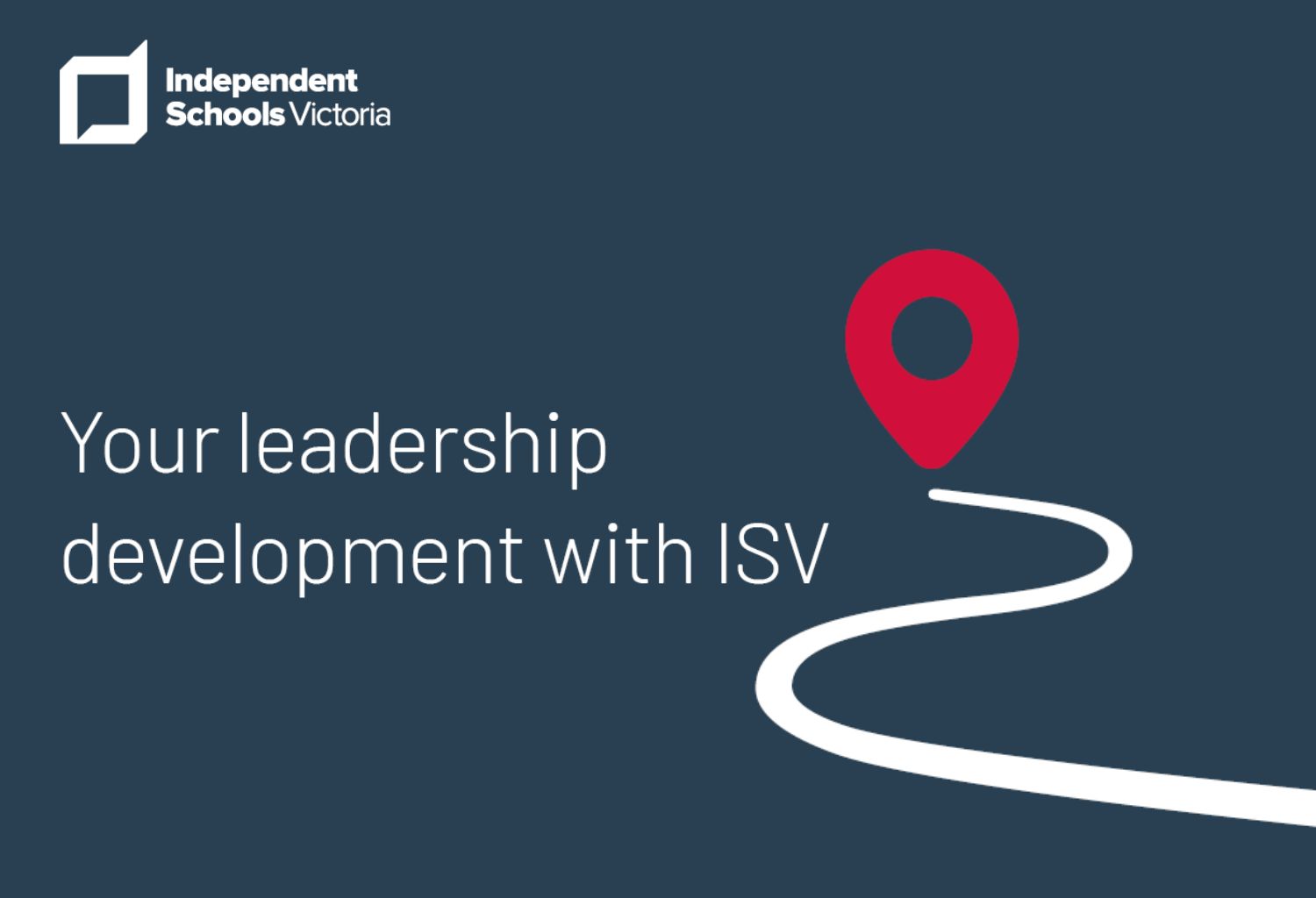Navigating the professional playground: Networking for educators

3 min read
Networking and the nerves that come with it can take you out of your comfort zone, writes Deb Carmichael, but the joy of connection makes it all worthwhile.
Walking into a roomful of people where I might only know a handful at best, definitely takes me out of my comfort zone. While I genuinely enjoy meeting new people, engaging in good conversations and building relationships, it is that initial prospect of approaching a complete stranger that can raise my heart rate a little. However, as an educator, I know that opportunities to widen and deepen my professional network are precious and the benefits far outweigh any initial discomfort.
One of the biggest benefits of cultivating professional networks is the abundance of learning opportunities – from hearing new ideas to exploring fresh perspectives to getting feedback on initiatives. Networks serve as gateways to new opportunities for professional relationships, enabling me to discover trusted voices, offer support, and evolve within my profession.
The art of conversation and connection
Recently, I listened to an episode of the ABC podcast ‘All in the Mind’ with guest Charles Duhigg, author of Supercommunicators: How to Unlock the Secret Language of Connection. He speaks about the art of communication and how we can all develop the skills to initiate conversations and deepen relationships with people we know.
His research found that effective communicators (and I would add, adept networkers) demonstrate curiosity through deep questions and use visual and verbal cues to signal their intent to connect. Being conscious about the kind of questions I ask is certainly helping me to feel like a more confident communicator in novel settings.
In Bold Moves for Schools: How We Create Remarkable Learning Environments, Dr Heidi Hayes Jacobs and Dr Marie Hubley Alcock include ‘Teacher as Social Contractor’ as one of the contemporary roles for educators. They say that contemporary teachers model safe and meaningful social networks and can teach students how to create online learning communities. The authors emphasise that an important part of networking online is contributing to the conversations by publishing our own ideas and reflections.
“An important part of networking online is contributing to the conversations by publishing our own ideas and reflections.”
— Dr Heidi Hayes Jacobs and Dr Marie Hubley Alcock
Embracing online networks
In my current role I am now engaging more often with online networks. I find myself, again, feeling a bit of trepidation as I reach out to new LinkedIn connections and put my thoughts and ideas out publicly in posts. Nonetheless, I’m actively working on refining this aspect of networking, relishing the opportunity to engage with a broader audience. Fortunately, I have the support and guidance of ISV’s skilled Social Media Coordinator, Lauren Finadri, who offers invaluable encouragement.
She gives this great advice: LinkedIn is the largest work-related social media platform. To expand your network, reach out to users relevant to you and your role and connect.
Grab people’s attention
To have more people drawn to your content and engaging with it, start your posts strong. The opening two-three sentences of your post can potentially increase reader retention by 30 per cent.
Engage with others in your feed
Reply to comments on your posts, especially when they don’t work at the same school or organisation. Interactions from colleagues connected to the same page result in roughly 15 per cent less growth than those from external networks. To maximise your post’s momentum and in turn, your profile visibility, aim to reply to all comments within the first hour of posting. This can lead to a 40 per cent increase in post growth.
Be authentic
Expressing emotions in your comments strengthens connections and fosters a sense of community with your network.
ISV's dedicated networks for Independent schools
Last week we had our first meeting for the year of Sharing practice: a network for learning and teaching. I felt a mix of nerves and excitement as I opened the Zoom meeting and waited for others to join. Soon there was a mix of familiar faces and some new ones – it felt a bit like the first day of school after the summer break.
The conversations were energising, interesting, supportive and enlightening and I felt truly grateful to be part of this wonderful network. The nerves were fleeting and well worth it for the joy of connection!
Deb Carmichael is an Innovation & Learning Leader at Independent Schools Victoria.


